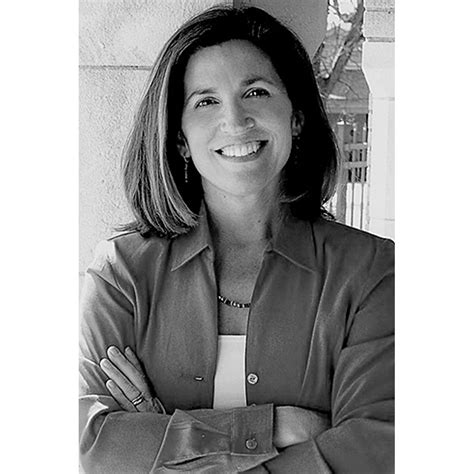A Quote by Umberto Eco
The most interesting letters I received about 'The Name of the Rose' were from people in the Midwest that maybe didn't understand exactly, but wanted to understand more and who were excited by this picture of a world which was not their own.
Related Quotes
The most famous self-made man in the world today is our own Edison. Talk with Mr. Edison and he will tell you he owes much if not most of his success to omnivorous reading. Forbes is one of his favorite publications. How closely he reads it can be gathered from a letter just received from him in which he asks the editor to forward a long analytical letter to the writer of a series of articles which contained two figures Mr. Edison questions, and he wants to know exactly on what authority or investigation they were based. Both letters were the product of Mr. Edison and were signed by him.
I think real humans are so complicated, and often [characters] are written more one-dimensional without maybe even the writer knowing it. I've felt numerous moments in my life where my most confident moment and my most insecure moment were exactly the same time. There's nothing funny or interesting about perfection.
It is people who are violent, rather than "religions"; and since we secularised our politics we have had two major world wars, the Holocaust, the Soviet Gulag, and the atomic attacks on Hiroshima and Nagasaki - none of which were inspired by religion. If we want to understand the dangers of our world, we can no longer accept the old received ideas.
Men didn't understand that you couldn't let yourself be consumed with passion when there were so many people needing your attention, when there was so much work to do. Men didn't understand that there was nothing big enough to exempt you from your obligations, which began as soon as the sun rose over the paper company and ended only after you'd finished the day's chores and fell exhausted into sleep against the background noise of I-94.
When you make a record, you probably are not going to hit exactly what you were aiming for. You also have to let go at a certain point, and just trust it. I remember feeling we had fallen short, or that it had fallen short. At the same time it was great to see a good critical reaction to it, and to hear people were enjoying it, which made me think, "Well, maybe it's a good thing I didn't get exactly what I wanted." Now we're testing that theory.





































